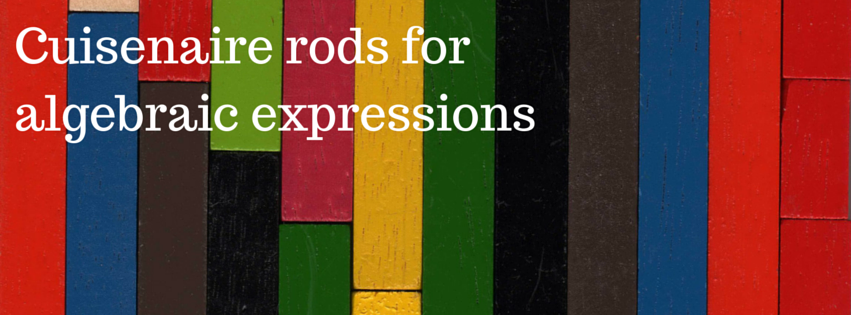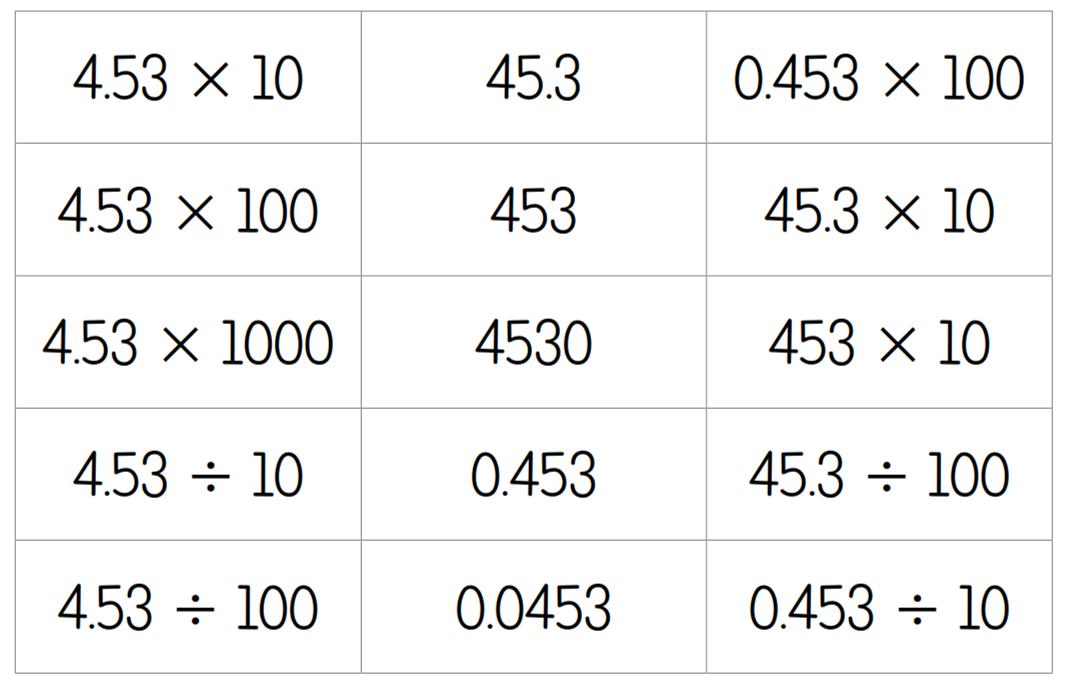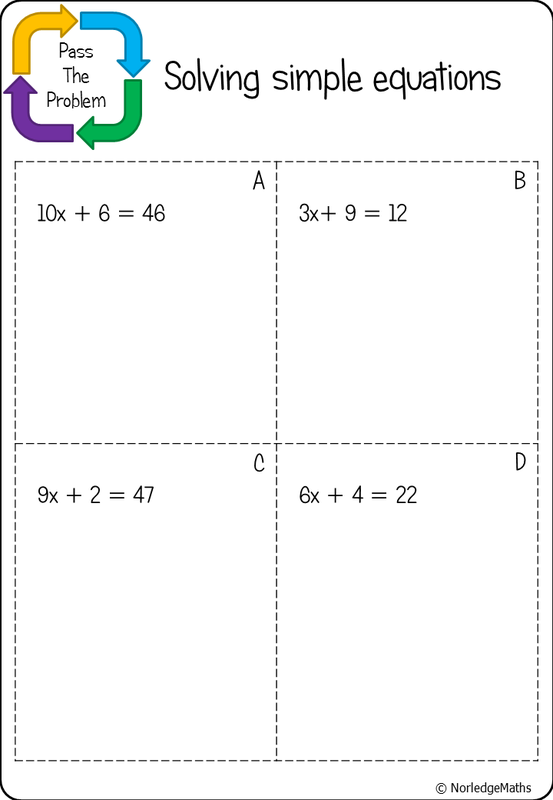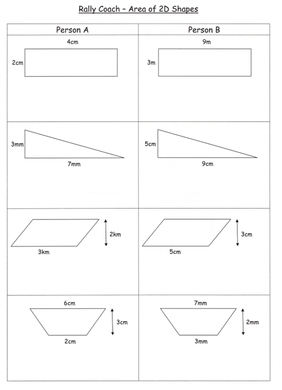Unfortunately, they aren't, and I'd also seriously underestimated my need for a little bit of self-care time - the last thing I wanted to do once I'd got my daughter down for a nap was turn my computer on and start working - so none of my plans actually came to fruition.
However, I did manage to finish the book I'd been working on for the Tarquin A Level course and resources (shameless plug but I'm so proud that I finally achieved what I thought was a complete pipe dream of becoming an author - although I have to confess in my head I was the next JK Rowling, not writing maths revision guides). I also wrote a guest post for TeachWire in 45 minute spurts during naps, so I'm not entirely convinced it's any good. Over the last couple of weeks I've made some attempt at deleting some old rubbish resources and trying to plan my first few lessons, but I'm aware that returning to work with a 9-month old (albeit part-time) will involve some serious expectation management on my part. Fortunately, over the last nine months I've become much more accustomed to "that'll do", and my plans for this academic year involve a significant amount of "work smarter, not harder".
When I sat down to write this post, I discovered a prompt saved in my drafts from two years ago titled "Stop, Start, Continue, Change", with nothing other than headers. Presumably that was a thing that was going round the blogosphere at the time, so I decided better late than never - so here's my Stop Start Continue Change for academic year 2018-19.
START to use homework tasks more effectively
A few years ago I experimented with flipped learning with one GCSE group, to great effect. I'm keen to look at this again this year, perhaps using our MathsWatch subscription to create tasks to revise prior knowledge before beginning a new unit. I also want to look at more effective strategies for revision homework, short of "there's a test next week, revise" - as we're all aware, that's a week off for some pupils!
STOP reformatting resources constantly
CONTINUE blogging and updating
CHANGE my teaching practice by focusing directly on the impact and effectiveness of my instruction
There is also an interesting discussion about problem-solving - or as Mark titles it, "behaving mathematically" in the section "Phasing Teaching". My biggest takeaway from this was that pupils should not be asked to behave mathematically with content that they have just encountered, as they need time for this knowledge to mature in order to work flexibly with it; instead, pupils should work on problems linked to these topics but relying on earlier learning. As I've already decided that one of my performance management targets is to make use of open-ended or rich problems more effectively, I'll be considering some of these points when planning tasks.








 RSS Feed
RSS Feed
